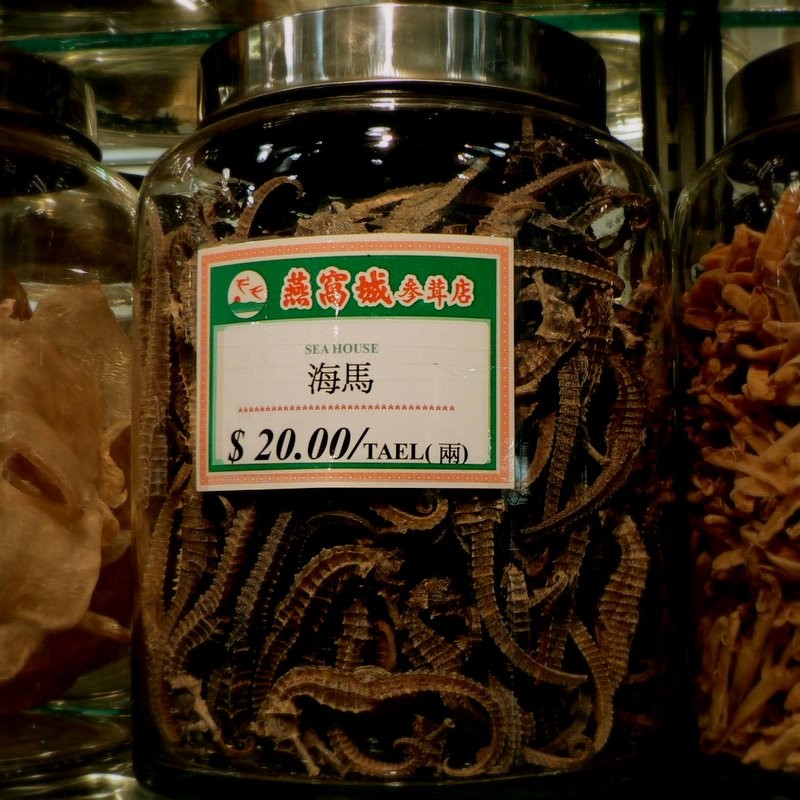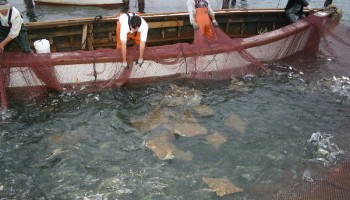Chinese authorities seized on Wednesday over 1.2t of smuggled dried seahorse at the port of Qingdao, Shandong province, Undercurrent news, specialized in seafood business and food, reported on Wednesday.
Although the report did not mention the value of the delivery, it is estimated that one kilogram of dried seahorses costs up to US$1,800. According to this, the delivery was worth $2.16 million.
One of the largest hauls in China was discovered during a routine X-ray control of containers that arrived to China from Peru - one of the 183 signatories of a convention that limits the export of seahorses and other species.
The United Nations Convention on International Trade in Endangered Species of Wild Fauna and Flora (CITES) restricts exports of seahorses to those that have been sourced sustainably and legally. Seahorses, according to University of British Columbia (UBC), were the first marine fish subject to such regulation.
Earlier this year a group of UBC scientists in Canada warned that national legislation and international bans do not slow down the trade in seahorse products.
“Many countries are engaged in a vast illegal and unrecorded international trade in seahorses, one that circumvents global regulations,” read the study.
However, the UBC research showed that many nations with bans apparently continued to export dried seahorses, thus neither meeting their obligations under CITES nor enforcing the trade bans.
The UN Environment Programme and INTERPOL warned that the illegal trade in wildlife in general, including the seahorses, is estimated to up to US$20 billion per year.
The problem is, as they said in a report, that “wild flora and fauna can be exploited by criminals along the entire supply chain, from poaching and transportation to processing and selling, while other illegal activities are often associated with wildlife crimes, including money laundering, corruption and document fraud.”
China, according to media, has been a good ground for that, as the world’s largest and fastest growing seafood market, with the seafood imports last year reaching US$12 billion.






